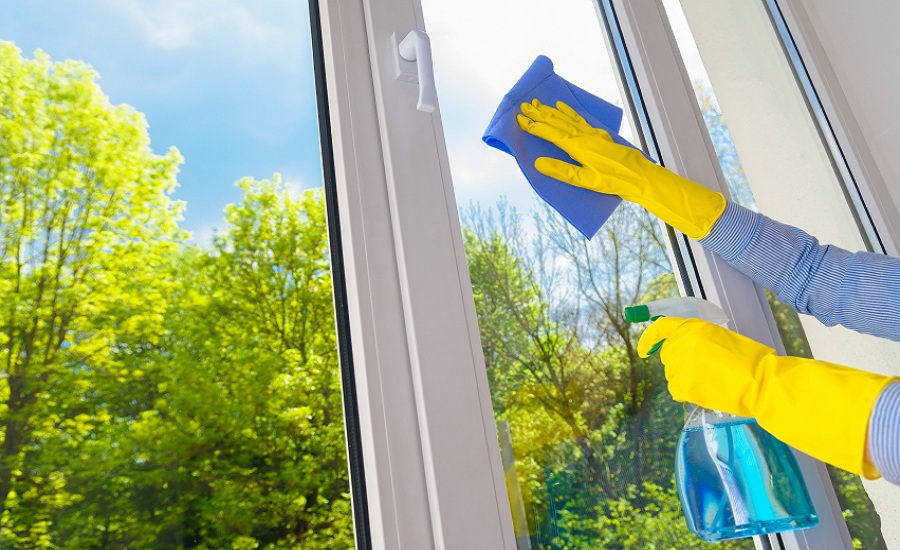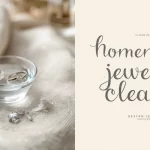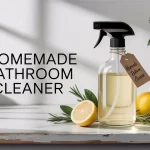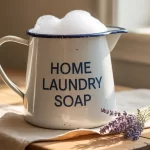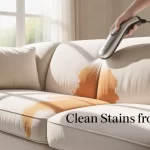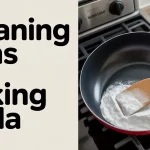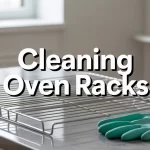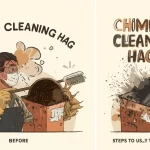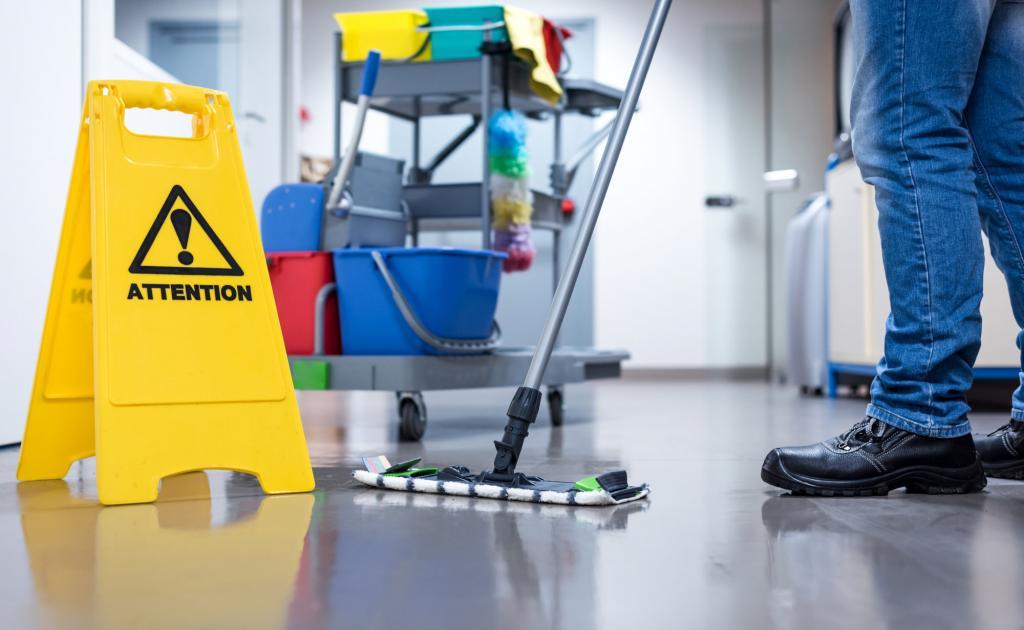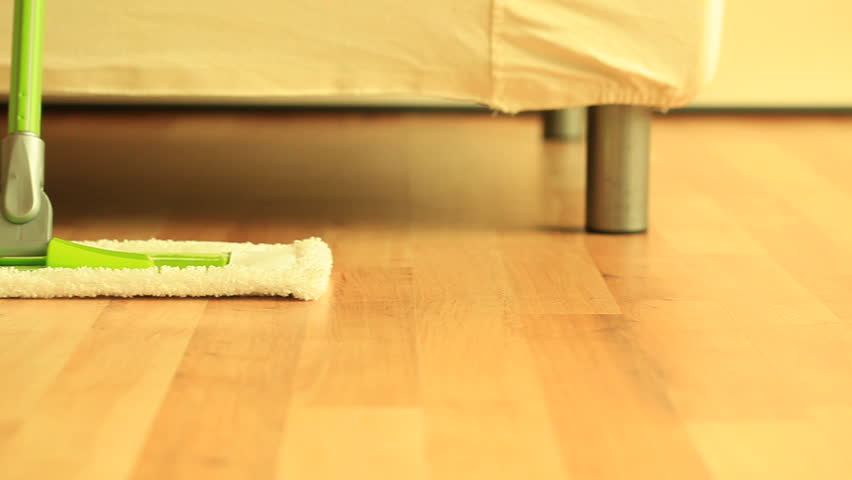Keeping windows crystal clear is a task that every homeowner faces. Store-bought cleaners promise shine, but many come with harsh chemicals that can harm the environment and affect indoor air quality. That’s why more people are turning to natural cleaning solutions. A window cleaner recipe made from safe, affordable household ingredients is not only effective but also eco-friendly. With the right mix, you can achieve streak-free windows without breaking the bank.
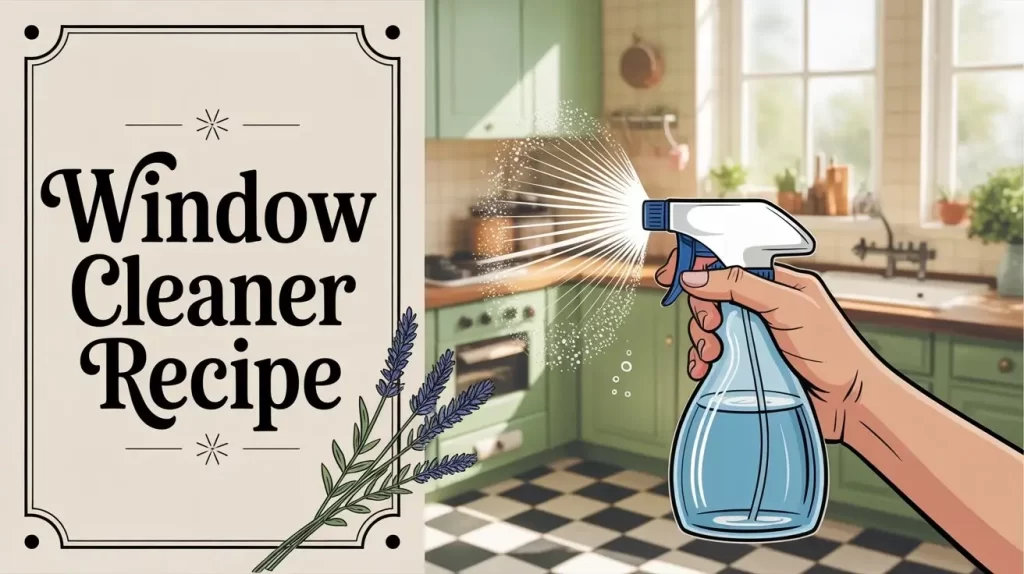
Content
Why Choose a Natural Window Cleaner Recipe?
Health and Safety Benefits
Commercial cleaners often contain ammonia and synthetic fragrances. These may cause irritation, especially for people with allergies or asthma. A homemade solution made with natural ingredients like vinegar or lemon juice is safer for your family.
Cost-Effective and Eco-Friendly
A DIY cleaner costs only a fraction of store-bought brands, using simple ingredients like vinegar, baking soda, and dish soap that are both inexpensive and multipurpose. By creating your own solution, you not only save money but also cut down on plastic waste from single-use bottles, supporting a greener lifestyle. These eco-friendly choices are among the best-kept window cleaning secrets for a sparkling home.
Essential Ingredients for a Window Cleaner Recipe
Creating your own cleaner doesn’t require complicated supplies. Most items are already in your pantry.
- White Vinegar – Cuts through grease and kills bacteria naturally.
- Distilled Water – Prevents streaks caused by minerals in tap water.
- Rubbing Alcohol – Speeds up drying for a spotless shine.
- Lemon Juice – Adds a fresh scent and boosts cleaning power.
- Dish Soap (optional) – Helps break down sticky residue or fingerprints.
Step-by-Step Guide to Making the Recipe
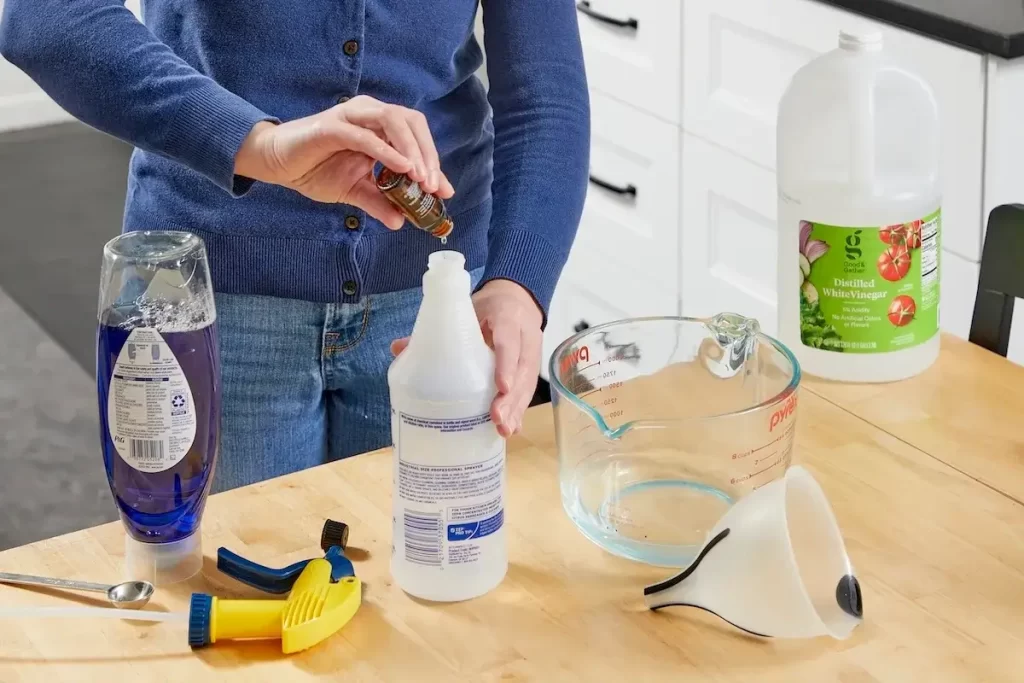
Basic Streak-Free Window Cleaner
- Mix 1 cup of distilled water with 1 cup of white vinegar.
- Add 1 tablespoon of rubbing alcohol.
- Pour into a spray bottle and shake well.
This simple solution is effective for everyday window cleaning.
Enhanced Citrus Window Cleaner Recipe
For a fresh scent, try this variation:
- Combine 1 cup of vinegar, 1 cup of water, and 2 tablespoons of lemon juice.
- Shake before use.
- Spray directly onto glass and wipe with a microfiber cloth.
Tips for Using Your Homemade Window Cleaner
- Use Microfiber Cloths – They prevent lint and streaks.
- Clean on Cloudy Days – Sunlight can dry the cleaner too fast, leaving marks.
- Start from the Top – Work your way down to avoid drips on already-cleaned sections.
- Regular Maintenance – Clean windows monthly to prevent buildup of dust and grime.
Common Mistakes to Avoid
- Using Paper Towels – These can leave behind fibers.
- Skipping Distilled Water – Tap water may cause streaks due to mineral deposits.
- Over-Spraying – Too much liquid can lead to drips and spots.
Alternative Window Cleaner Recipes
Vinegar-Free Option
If you dislike the smell of vinegar, mix:
- 2 cups warm water
- 2 tablespoons lemon juice
- 1 teaspoon mild dish soap
Baking Soda Boost
For tough stains like bird droppings, sprinkle a bit of baking soda onto a damp sponge before using your homemade spray.
Expert Insights on Homemade Cleaners
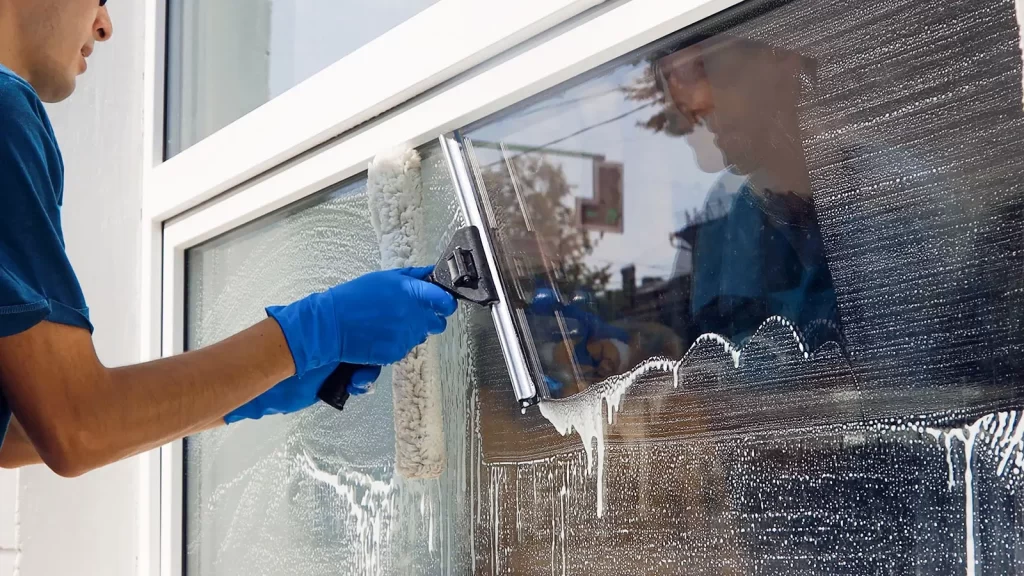
According to the U.S. Environmental Protection Agency (EPA), indoor air can be two to five times more polluted than outdoor air due to household products. Switching to homemade cleaners reduces exposure to volatile organic compounds (VOCs). This makes a window cleaner recipe not only practical but healthier in the long run.
Conclusion:
A natural window cleaner recipe is simple, safe, and effective. With ingredients already in your kitchen, you can achieve sparkling windows without harsh chemicals. By choosing DIY solutions, you save money, protect your health, and help the environment all while keeping your home bright and fresh.
FAQs About Window Cleaner Recipe:
What is the best homemade window cleaning solution?
A mix of equal parts white vinegar and distilled water with a splash of rubbing alcohol makes the best homemade cleaner for sparkling, streak-free glass.
How do you make streak free glass cleaner?
Combine vinegar, distilled water, and rubbing alcohol. Wipe with a microfiber cloth instead of paper towels to avoid streaks and get clear, shiny glass.
Is vinegar and Dawn good for cleaning windows?
Yes, vinegar cuts grease while Dawn removes grime. Together, they make a powerful cleaner for dirty windows, especially in kitchens and bathrooms.
What do professional window cleaners use in their solution?
Pros often use a mix of water, dish soap, and ammonia or vinegar. They also rely on squeegees and microfiber cloths for a perfect, streak-free shine.

Alexis is a dedicated home improvement blog author who has a passion for writing. She enjoys blogging about all sorts of topics, from interior design to landscaping and more! She loves the outdoors and spending time in nature with her family. She also likes to bake in her free time.

